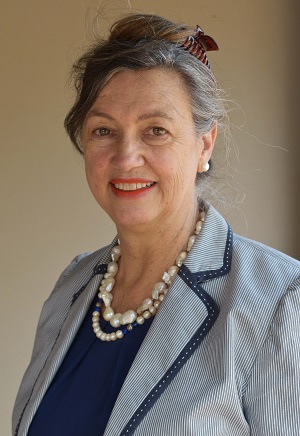The North-West University (NWU) is the community that it serves. This is one of the pillars on which the institution is built and has been one of its mantras since its inception in its current guise in 2004.
A culture of inclusivity and care permeates the various parts that make up the NWU – from the type of research being done to the way it approaches teaching and learning initiatives and student life and so much more.
At its core is the value-driven approach that aims to build a welcoming, inclusive and enabling culture underpinned by behaviour congruent with social justice and diversity. Beyond that, the NWU strives to distinguish itself through its engaged scholarship and social responsiveness.
This is evident in the NWU’s community engagement initiatives. One of the purposes of the NWU is to benefit society through knowledge provided by innovative teaching and learning as well as cutting-edge research.
In 2019, the NWU produced a total of 323 community engagement activities, 175 in 2020 and 490 in 2021. There are currently 587 registered community engagement projects at the NWU. These engagement projects stem from all eight the university’s faculties, its students, internal services, leadership structures and more.
“We follow a holistic approach to community engagement by sharing our expertise, which is intertwined with our core business of teaching and learning and research, and emphasises sustainability and community impact. Our strategy refers to our commitment to social justice, which includes addressing all aspects of the triple bottom line, and the fact that sustainable development equals people plus planet plus economic factors. The NWU is committed to contributing to a better future for people, places and the planet,” says Prof Sonia Swanepoel, Deputy Vice-Chancellor: Community Engagement and Campus Operations.
“Our values and our value-driven behaviour entail caring and inclusivity, and these include our students, our staff and the greater NWU community. It is our prerogative to communicate with our community, to share information, to consult, to engage and to teach,” says Swanepoel.
Community needs assessments are run to discern how to best address the specific communities, and Swanepoel confirms that the NWU’s community engagement efforts are an ongoing endeavour, with the end goal being flourishing communities.
“Our goal is to build stronger relationships with our communities by improving community forums, and in addition, our community activities must be evaluated for impact and sustainability. The goal of these relationships is to build a mutually beneficial exchange of knowledge and resources that can contribute to more sustainable, just and healthy communities.”
Swanepoel is adamant that the NWU – and our country’s other tertiary-education institutions – should never waver in its responsibility to be used as a tool to promote the constitutional values of human dignity, equality and freedom.
“Higher education does not exist in isolation from society and is not an ivory tower and we can fare best when we understand current issues and dedicate our resources to answering societal needs.”

Prof Sonia Swanepoel
